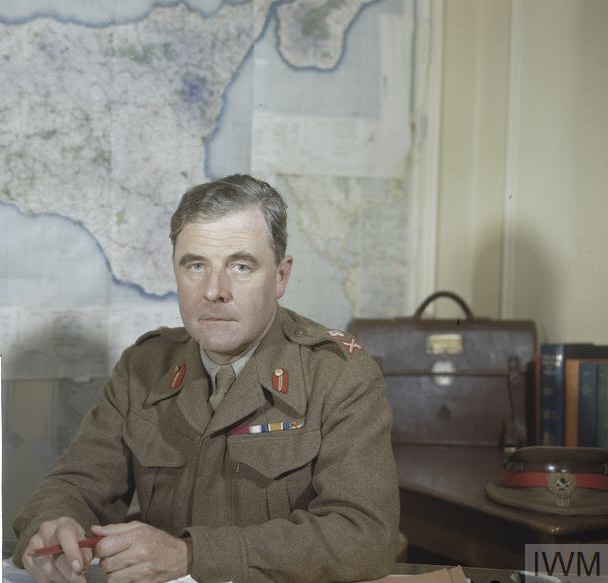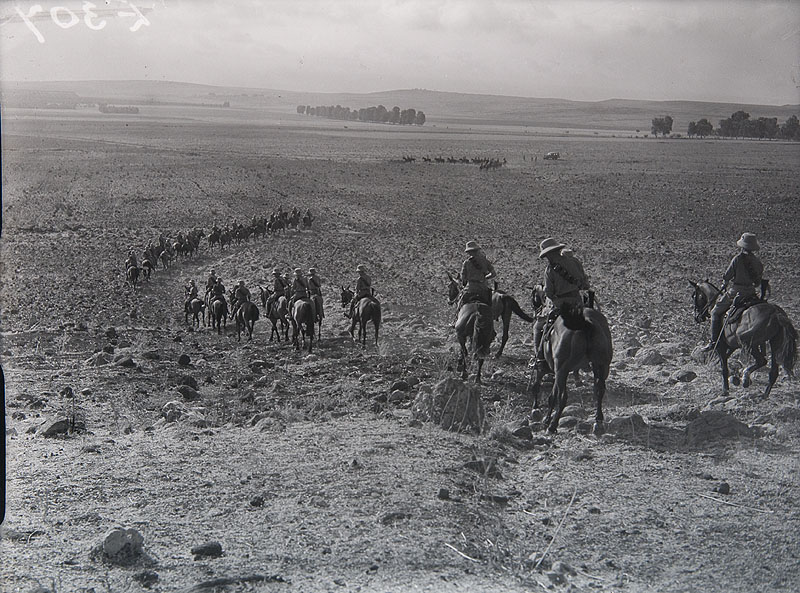Written by Mark Connelly
In 1926 the British government launched a new initiative to stimulate the economy of the empire and encourage a sense of solidarity in the Britannic world. Although short-lived (it was wound-up in 1933), the Empire Marketing Board was a remarkable instrument of propaganda and persuasion. Designed to shape public opinion, the EMB drew upon the lessons the First World War had taught on the art of mass communication. Chief among the EMB’s tools was the poster. Commissioning leading commercial artists, the EMB produced a truly remarkable range of posters. Visually arresting, some boldly modernist, others more traditional, all were eye-catching and demanded attention. Among the output were many referring to Africa and Africans. Studying those posters, their visual and written messages, reveals much about British perceptions of Africa and race. As posters designed primarily for display in Britain, they reflected ‘a white gaze’ and white views of the world. As instruments of those in power, the posters reflected the official view that the Empire was a family, but like all families, it had seniors and juniors, and thus emphasised rank and hierarchy. Within this worldview, Africans were part of the family, but their position was one of dependence upon the white rulers. The visual tropes then implied a happy relationship of trust, confidence and assurance between the two. Economic prosperity, and with it happiness, for all was guaranteed by this relationship, or so the EMB proclaimed. Of course, the realities on the ground were a long way from such cosy visions.
Leave a Comment


